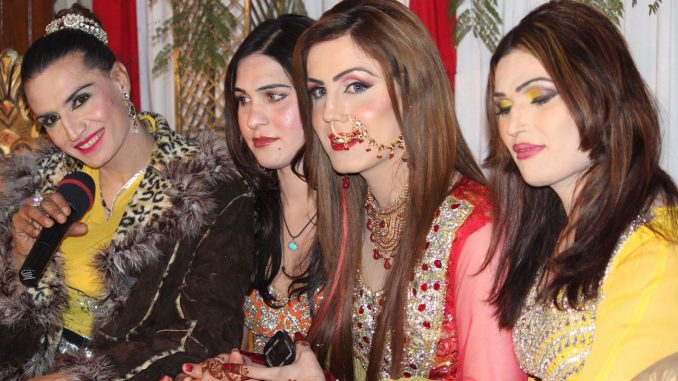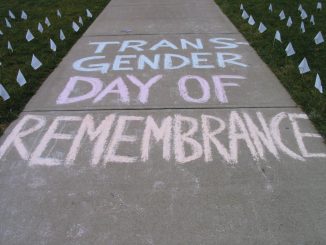
- Pakistan is making history by sending transgender people as volunteers for Hajj pilgrimage in Mecca, Saudi Arabia for the very first time.
- Atif Amin Hussaini, the head of Pakistan Boy Scouts Association in the province of Sindh, announced that about 40 to 50 transgender members could be part of the delegation to be sent to Hajj every year.
- While Saudi Arabia does not have anti-transgender laws, the kingdom had initiated arrests for anyone who were caught cross-dressing.
Pakistan is making history by sending transgender people as volunteers for Hajj pilgrimage in Islam’s holiest city for the very first time according to transgender news article published by Pakistan Today on February 23.
The move was hailed as an indication of the country’s increasing acceptance of the long-stigmatised minority group.
Pakistan Boy Scouts Association members
Forty transgender individuals became members of the Pakistan Boy Scouts Association and took their oaths in Karachi, capital city of the Sindh province.
“We believe in equal rights for all and we are happy to enter trans people in the boy scouts,” said Atif Amin Hussaini, the head of boy scout in Sindh.
He also announced that about 40 to 50 transgender members could be part of the delegation to be sent to Hajj every year. Their selection will be based on merits.
“We are proud to send them to the Hajj,” he said.
The Hajj is Islam’s yearly pilgrimage to Mecca, the holiest city for all adherents of the Islamic faith, in Saudi Arabia and a compulsory obligation that must be performed at least once in a lifetime by all adult Muslims who are healthy and have enough money to do so while still able to provide for their family when they’re away.
The annual gathering drew millions of Muslim pilgrims from all over the world every year.
Qamar Naseem, program coordinator of Blue Veins, a local advocacy group, said that the inclusion of transgender volunteers was significant in helping the trans community gain visibility and in being seen as equals.
He also said that the country had accepted the transgender identity and that more needed to be done for their welfare.
“Pakistan already accepts their identity so there should be more efforts and programs to integrate them into society inside and outside Pakistan,” Naseem said.
While Saudi Arabia does not have anti-transgender laws, the kingdom had initiated arrests for anyone who were caught cross-dressing. In addition, men who were accused of behaving like women were imprisoned and punished with flogging.
Transgender Pakistani
No official figures have been released by the government regarding the number of transgender people living in the country where same-sex acts are still considered a crime.
The organization Trans Action Pakistan, on the other hand, estimated that there are at least 500,000 transgender individuals out of a population of 190 million people.
Efforts in forwarding transgender rights have resulted in significant legal and social changes. For instance, a university offered free education for trans students last year and the country had issued a passport to a prominent trans activist with an “X” on gender marker as a symbol for the third sex last year.
A court ruling also instructed the government to include the members of the transgender community in the national census for the first time. Moreover, the country appointed a commissioner for transgender welfare in the Ombudsman for the first time.
However, the community still faced ostracism in society and may even be targeted for violence. A beheaded body of a transgender person was discovered in Peshawar last year, prompting calls for more protection and transgender representation in the government.



Be the first to comment